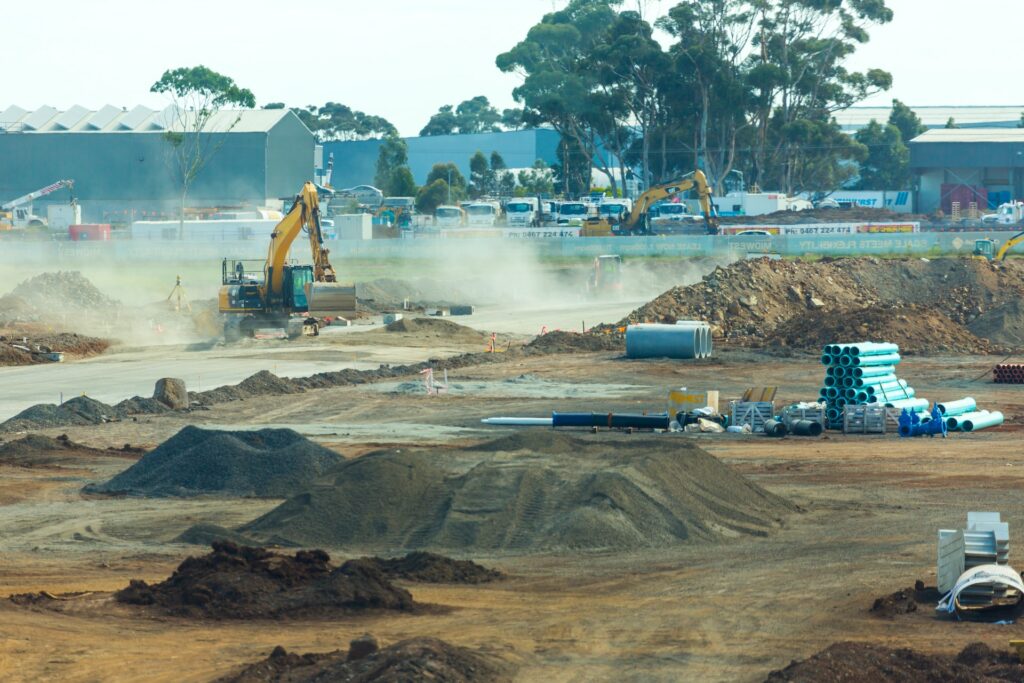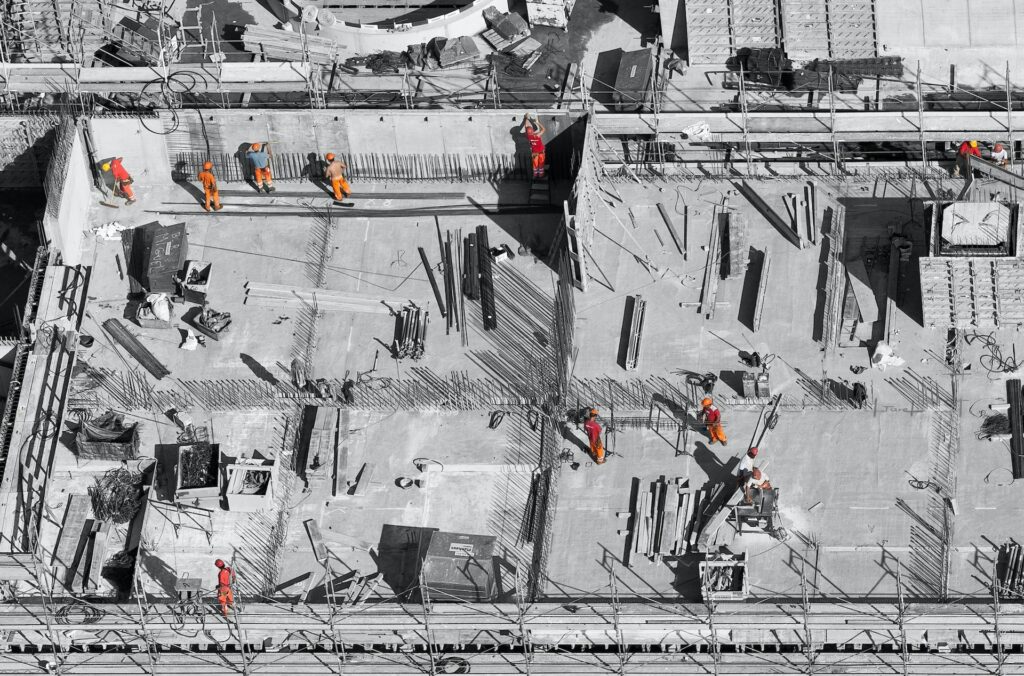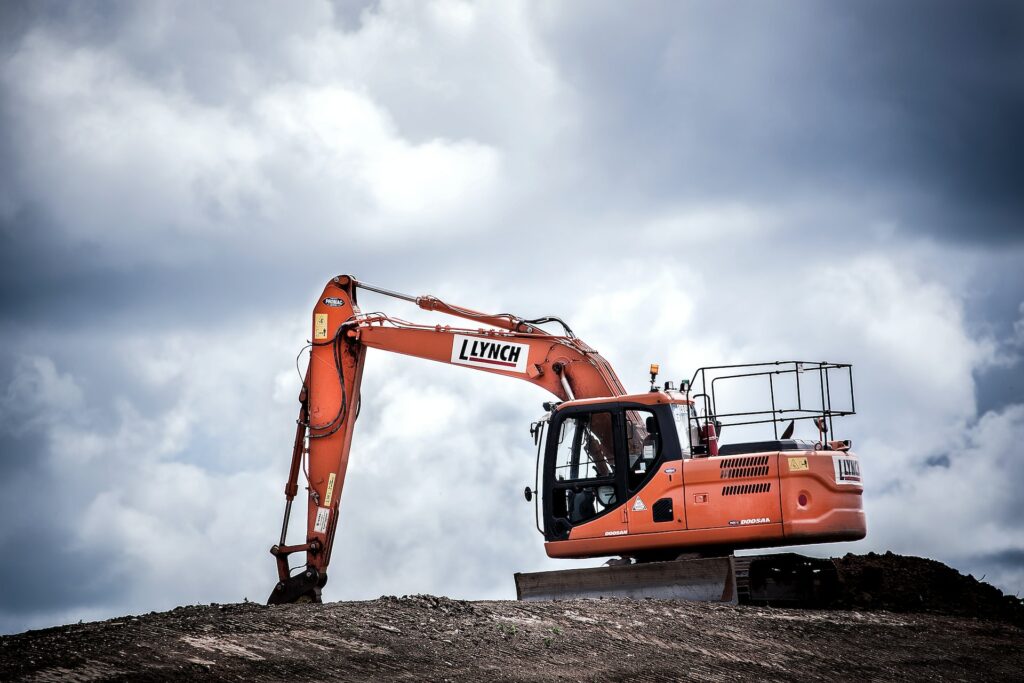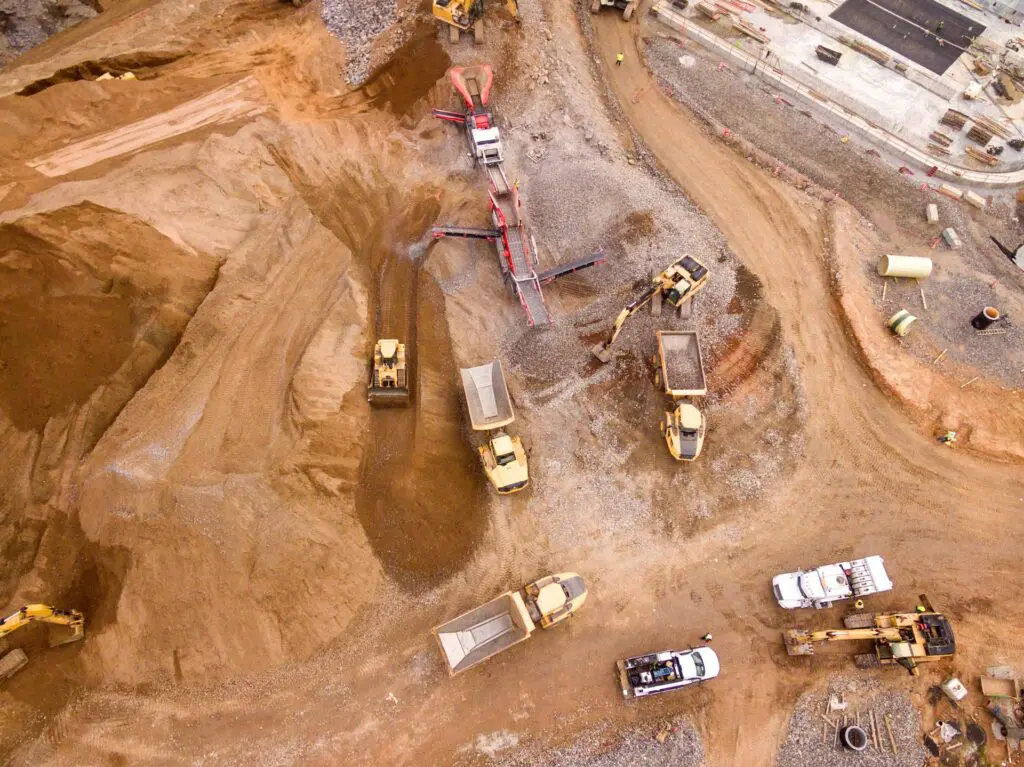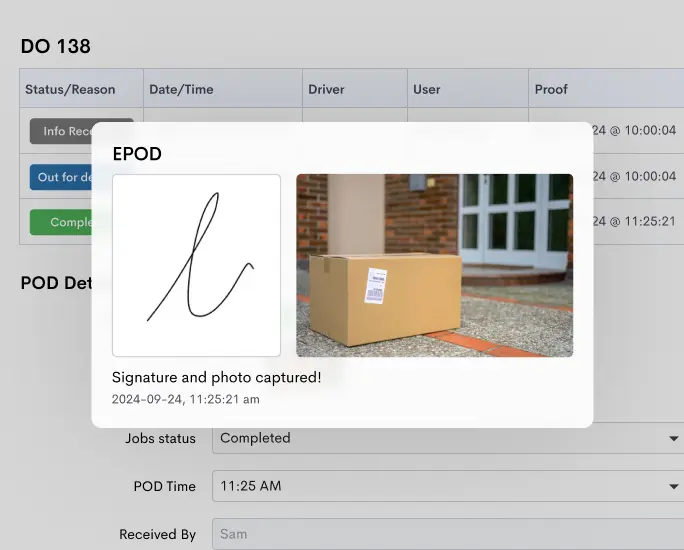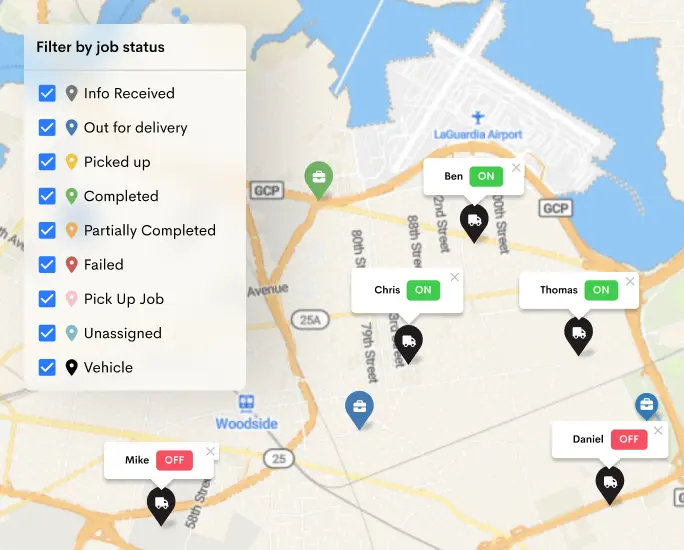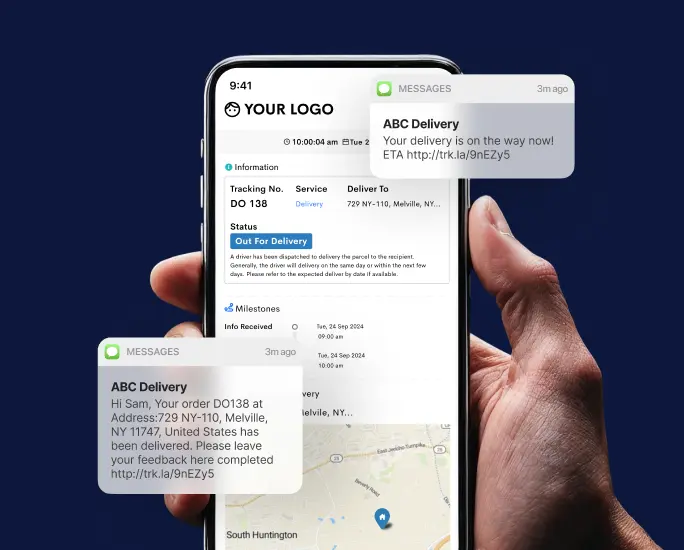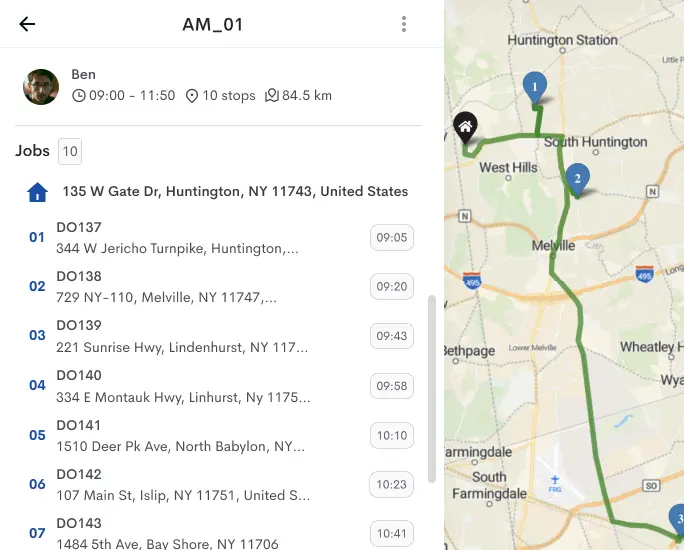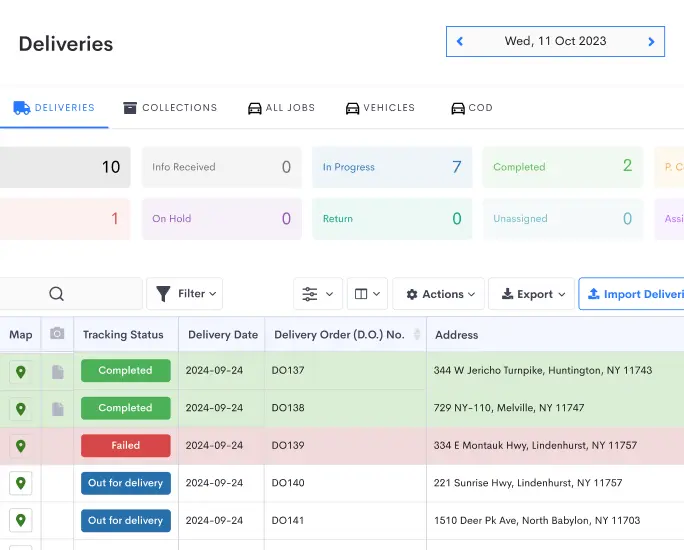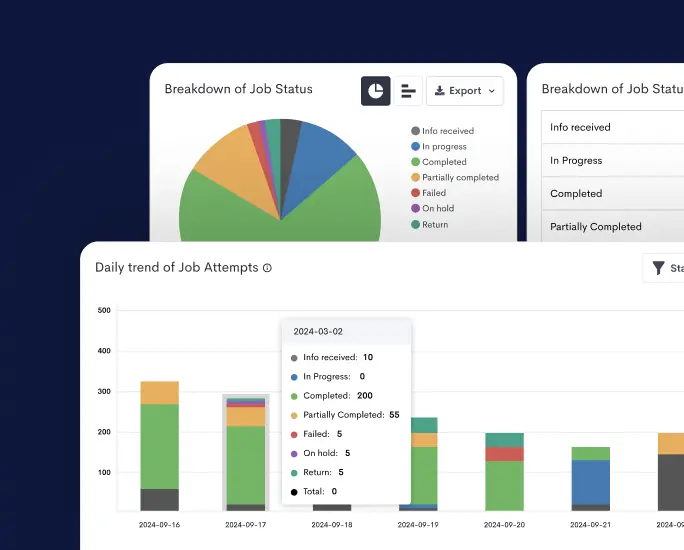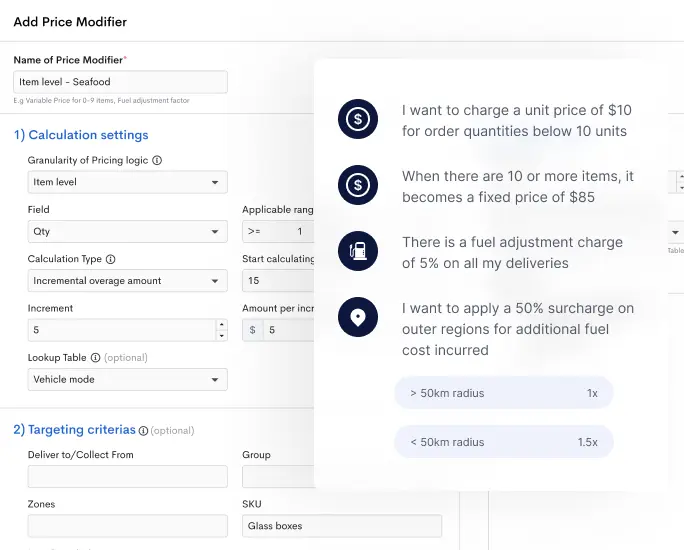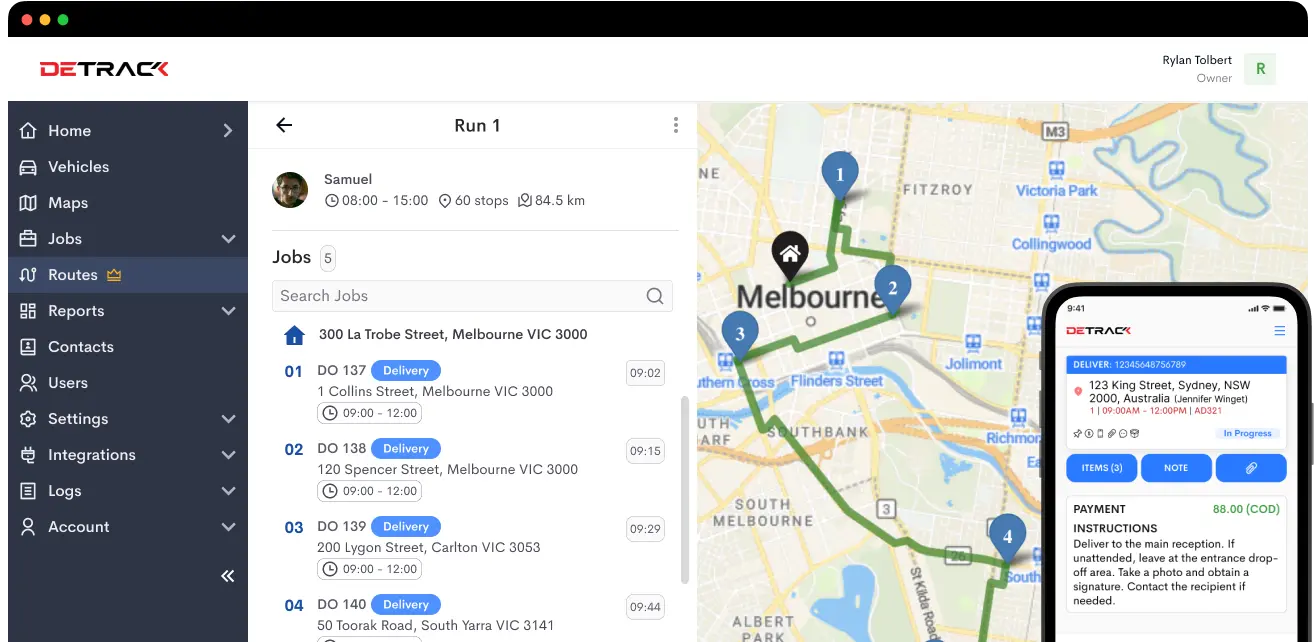If you’re like most people, the words “construction logistics” probably don’t mean much to you. But in the construction industry, it’s a term that’s heard all the time. So what is construction logistics? And why is it so important?
Construction logistics is the process of planning, implementing, and controlling the efficient flow and storage of construction materials from their point of origin to their point of use. It is a critical part of any construction project, and without an effective system in place, projects can quickly fall behind schedule and run over budget.
In this blog post, we will explore what construction logistics is and why it is important. We will also take a look at some of the key components of a successful construction logistics system.
What is Construction Logistics?
Construction logistics is the process of planning, coordinating and executing the transportation, storage and distribution of materials and equipment needed for construction projects. It involves ensuring that all the necessary resources are available when and where they are needed, and that they are used efficiently throughout the project.
Construction logistics can have a major impact on the success of a construction project. Poorly planned and executed logistics can lead to delays, disruptions and even accidents. On the other hand, efficient construction logistics can help to ensure that a project is completed on time, within budget and to the required quality standards.
There are many different aspects to construction logistics, from planning the most efficient route for deliveries to ensuring that materials are stored safely and securely on-site. Construction logistics also needs to take into account the potential for disruptions, such as bad weather or strikes, and plan accordingly.
Construction logistics is a complex and challenging field, but it is an essential part of any successful construction project. By carefully planning and coordinating the transportation, storage and distribution of materials and equipment, construction logistics can help to ensure that a project runs smoothly and efficiently from start to finish.
Things To Consider When Creating A Construction Logistics Plan
When creating a construction logistics plan, there are several things you need to take into account. Here are some of them:
Physical environment or the site
When creating a construction logistics plan, one of the most important things to consider is the physical environment or the site. This includes things like the layout of the land, the climate, and the accessibility of the site. All of these factors can have a big impact on how well your construction project goes.
For example, if you’re building in an area with a lot of bad weather, you’ll need to factor that into your logistics plan. You’ll need to have a way to protect your materials and equipment from the elements, and you’ll need to be prepared for delays due to weather. On the other hand, if you’re building in an area with good weather and easy access, you’ll have an easier time.
Another important thing to consider when creating a construction logistics plan is the schedule. You’ll need to make sure that you allow enough time for each stage of the project, and that you have enough manpower and materials available when you need them. If you don’t plan ahead, you could end up facing costly delays.
Local Ordinances and Laws
When creating a construction logistics plan, it is important to consider local ordinances and laws.
Depending on the location of the construction site, there may be regulations regarding noise levels, traffic patterns, and environmental impact. failure to comply with these ordinances can result in fines or delays. In addition, it is important to be aware of any construction bans that may be in place during certain times of the year.
For example, some cities prohibit construction during the summer months due to the increased heat and dust levels. By taking the time to research local ordinances and laws, construction companies can avoid potential problems and ensure a smooth construction process.
Material Storage
One of the key elements of any logistics plan is material storage. Proper storage can help to prevent damage to materials, ensure that they are readily available when needed, and minimize the amount of time spent transporting them to and from the job site.
When creating a storage plan, it is important to consider the type of materials being stored, the size of the job site, and the available space. Damage to materials can often be minimized by storing them in a protected area, such as an enclosed shed or garage. For larger items, such as lumber or pipes, it may be necessary to rent a storage container.
The size of the job site will also dictate how much space is needed for storage. If the job site is small and there is limited space available, it may be necessary to use off-site storage. In any case, it is important to allow adequate space for both materials and equipment so that they can be safely stored and easily accessed when needed.
Delivery Logistics
Construction projects often require large and heavy materials that must be delivered to the worksite. This can be a challenge, as construction sites are often located in busy urban areas with limited access.
In addition, construction sites are typically chaotic environments, making it difficult to unload and store materials. As a result, it is important to carefully consider delivery logistics when creating a construction logistics plan.
Some things that should be taken into account include the size and weight of the materials to be delivered, the number of trucks required, the route that the trucks will take, and the schedule for delivery. Taking all of these factors into account will help to ensure that the delivery process goes smoothly and that materials are stored safely on site.
Site Security
A well-secured construction site will deter criminals and help to keep workers and equipment safe. There are a number of factors to consider when developing a construction logistics plan, and site security should be at the top of the list.
One way to improve security is to limit access to the site. This can be done by using fences, gates, and security guards. It is also important to have a plan for dealing with intruders. Security cameras can help to deter crime and provide valuable evidence if a crime does occur.
In addition, it is important to have a clear plan for dealing with emergencies. By taking these steps, you can help to ensure that your construction site is safe and secure.
Risk Management
When creating a construction logistics plan, one of the most important things to consider is risk management. Construction projects are inherently risky, and even a small mistake can cause delays, injuries, or even fatalities.
As such, it is essential to have a well-thought-out plan for managing risks. One of the first steps is to identify potential hazards. This includes everything from weather conditions to traffic patterns to construction equipment.
Once potential hazards have been identified, it is important to develop strategies for mitigating them. This might involve using alternative routes for deliveries, scheduling work during off-peak hours, or investing in safety equipment.
By taking the time to create a comprehensive risk management plan, construction companies can help ensure that their projects are completed on time and under budget.
Scheduling
Construction projects are often complex and multi-faceted, with many different trades working on different aspects of the project simultaneously. As a result, careful scheduling is essential in order to avoid delays and disruptions.
In addition, the construction schedule must be coordinated with the delivery schedule of materials and equipment. This coordination can be challenging, but it is essential in order to ensure that the project remains on track.
Ultimately, a well-designed construction logistics plan will help to ensure that the project is completed on time and within budget.
Waste Management
Construction projects generate a lot of waste, from leftover materials to demolished debris. Proper waste management is essential for keeping the job site clean and safe, as well as reducing the environmental impact of the project.
When creating a construction logistics plan, there are a few things to keep in mind when it comes to waste management.
- Identify what types of waste will be generated by the project. This includes everything from paper and plastic to construction rubble. Once you know what types of waste you’ll be dealing with, you can develop a plan for how to manage it. This may involve renting dumpsters or hiring a waste removal service.
- Consider how you’re going to dispose of the waste once it’s been removed from the job site. Many construction projects generate large amounts of hazardous waste, such as asbestos or lead paint. These materials need to be disposed of properly to avoid contaminating the environment.
- Think about recycling. Many construction materials, such as metals and glass, can be recycled instead of being sent to a landfill. Recycling not only reduces the amount of waste produced by the project, but it can also save money on disposal costs.
Conclusion
While construction logistics may seem like a complex and daunting task, there are a number of simple steps that can be taken to ensure a smooth and successful project. By working with an experienced logistics partner, construction companies can ensure that materials and equipment are delivered on time and in the correct order.
In addition, careful planning can help to avoid potential delays and disruptions. By following these simple tips, construction companies can ensure a smooth and successful construction project.

